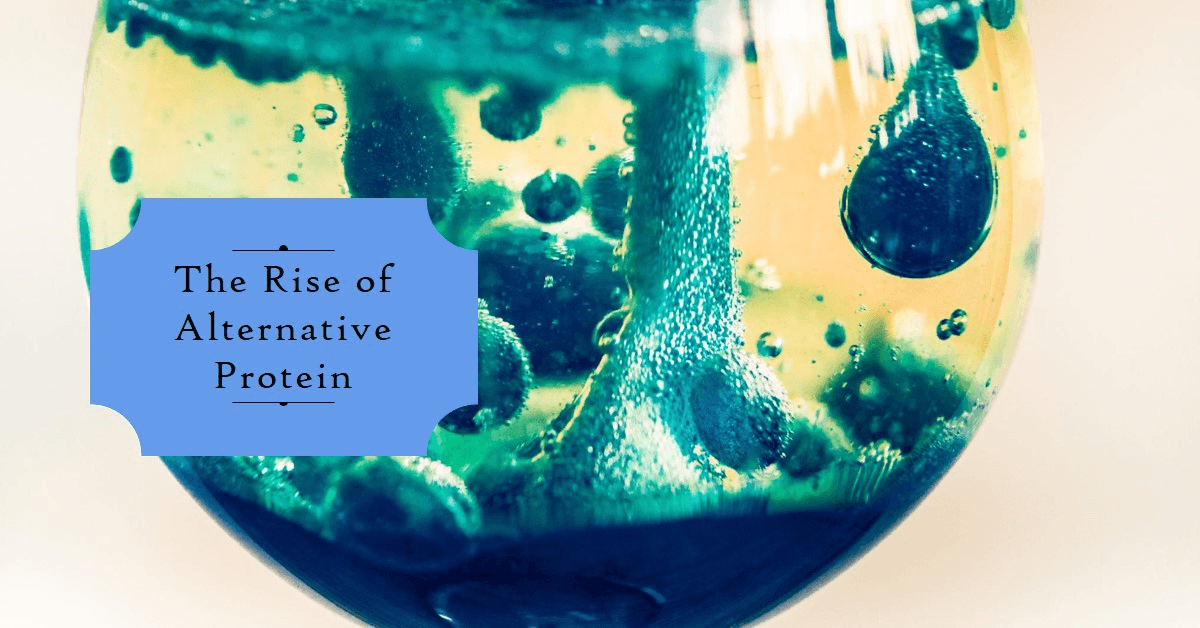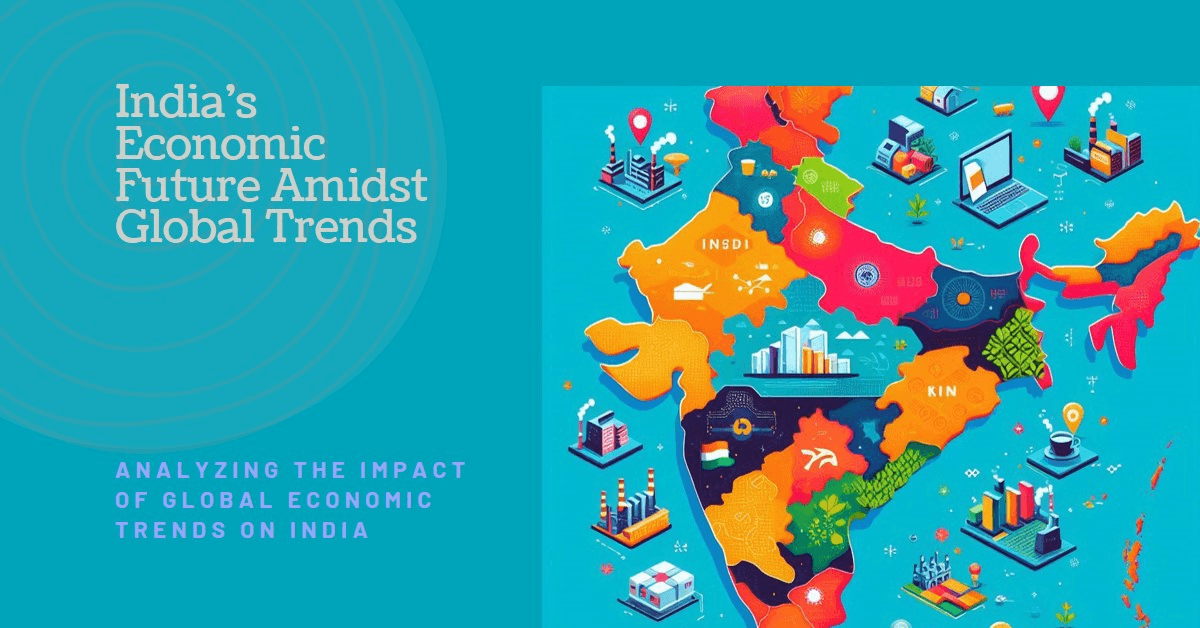
For centuries, the debate between vegetarian and non-vegetarian healthy diet has raged on. Both sides boast passionate advocates, citing ethical, health, and environmental reasons for their chosen path. But amidst the noise, it can be tough to discern the truth. So, let’s delve into the world of veg vs non-veg food, separating fact from fiction and empowering you to make informed choices that align with your values and goals.
Health:
- Nutrients: Both diets can provide all essential nutrients with careful planning. Vegetarians get protein from legumes, nuts, and seeds, while non-vegetarians rely on meat, fish, and eggs.
- Disease Risk: Studies suggest vegetarians may have a lower risk of heart disease, type 2 diabetes, and certain cancers. However, a balanced non-vegetarian diet can also achieve similar benefits.
- Overall Health: Research shows both diets can promote good health when balanced and rich in fruits, vegetables, and whole grains.
Environment:
- Sustainability: Animal agriculture consumes significant resources and generates greenhouse gases. Plant-based diets generally have a lower environmental footprint.
- Land Use: Raising livestock requires vast land areas, contributing to deforestation and biodiversity loss. Vegetarianism can free up land for sustainable practices.
- Freshwater Consumption: Animal agriculture uses more water than plant-based food production, making it a crucial consideration in water-scarce regions.
Ethics:
- Animal Welfare: Concerns about animal treatment and slaughter are at the core of many vegetarian choices. Non-vegetarians often prioritize humane farming practices.
- Sustainability Ethics: The environmental impact of animal agriculture raises ethical concerns for some individuals.
- Personal Values: Ultimately, the ethical considerations come down to individual beliefs and values.
Beyond the Binary:
It’s important to remember that the veg vs non-veg debate isn’t always black and white. Flexitarianism, mindful meat consumption, and locally sourced options offer nuanced approaches. Listen to your body, consult a nutritionist, and explore your options before making a decision.











